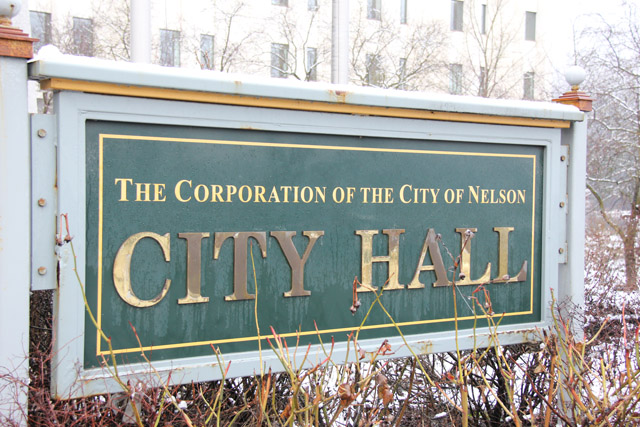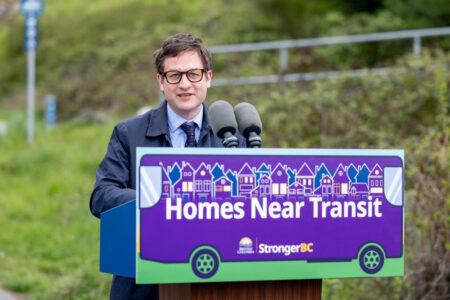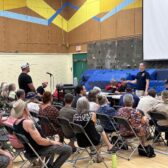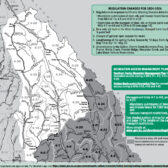Nelson City Council — Hospital capital costs
During the recent meeting of Nelson City Council, council has resolved to ask the UBCM to petition the provincial government to acknowledge that property tax revenue is an unsuitable avenue to fund hospital infrastructure renewal projects.
Council felt local government could not sustain the increased load in meeting hospital board expenditures.
Regional hospital districts were created by provincial legislation to raise a “local share” of capital costs for hospital equipment and building through property taxation with the local share historically held at 40 per cent for regional hospital capital projects, with the province contributing 60 per cent.
But local governments have limited ways to generate funding to pay for local services and infrastructure. Property taxes are the primary source of revenue and are being stretched to meet the many demands local governments already face.
As well, council is asking for the province to prioritize an urgent review of the historic cost sharing ratio with a recommendation to amend current policy accordingly.
Assistance for income assistance
City council is asking the UBCM to work with the ministry of Social Development and Social Innovation to ensure that people requiring help to access income assistance receive such help appropriate to their needs and abilities (in-person where required) in a timely manner and in a way that does not place additional economic burden on that person (e.g. repeatedly using pay as you go cell phone minutes waiting on hold for excessive lengths of time, paying for computer/internet usage, travelling long distances to ministry offices from surrounding areas due to local office closures, etc.).
Council is also asking that the endeavour does not download the responsibility for this assistance to other service providers without compensation for such additional work.
The resolution arises out of the service delivery model changes made by the ministry of Social Development and Social Innovation that in-person, direct services have been dramatically reduced and income assistance services are now primarily provided remotely by centralized telephone line and over the Internet.
Council agreed that the service delivery changes have introduced significant barriers to people on or seeking income assistance and made it excessively difficult for many individuals to receive the support they require.



























